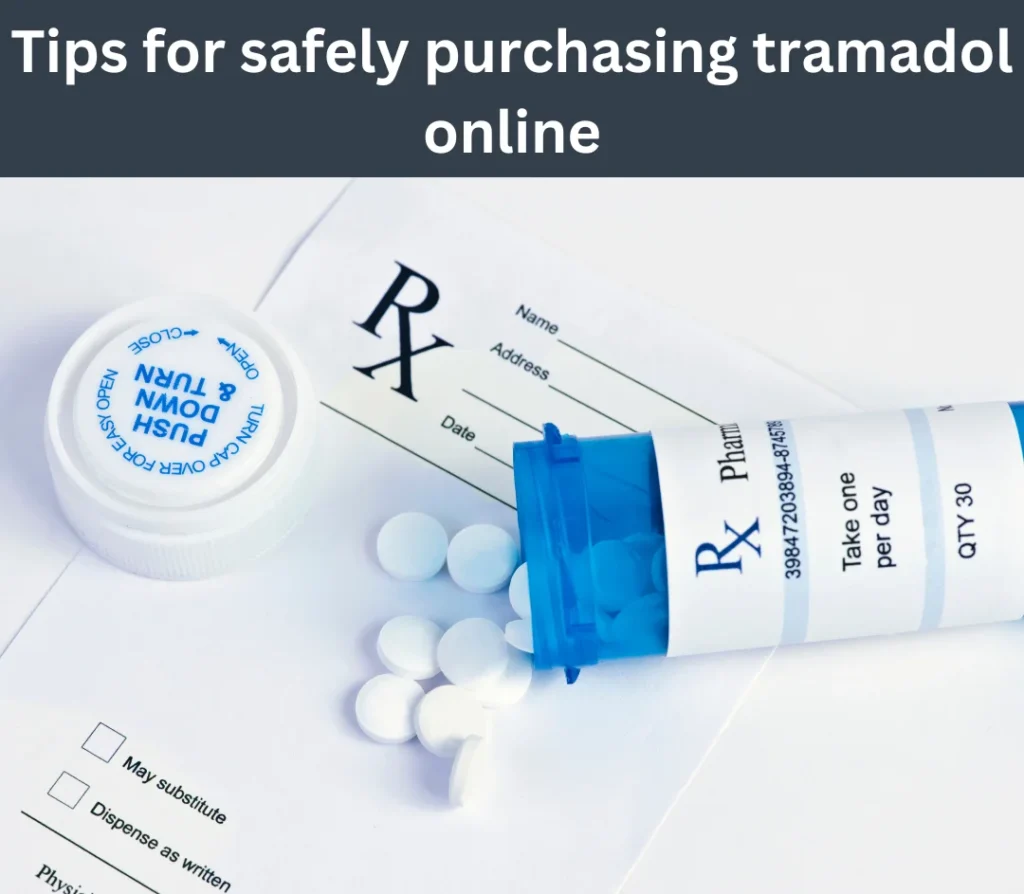1. Recognize the Problem and Reach Out for Help
The first step is acknowledging the addiction and deciding to change. Talk to a doctor, counselor, or addiction specialist about what’s going on—they’ll help you understand your options. You don’t have to figure it all out alone. A healthcare provider can guide you toward a plan that feels safe and achievable.
2. Build a Personalized Plan
Work with your doctor or therapist to create a plan that fits your needs. Here’s what might be part of it:
- Tapering Off Gradually: For some medications, it’s safer to lower the dose slowly to avoid harsh withdrawal symptoms.
- Medication-Assisted Therapy (MAT): Medications like methadone or buprenorphine can help manage withdrawal symptoms or cravings.
- Therapy Sessions: Whether it’s one-on-one counseling or group therapy, talking through the root causes and building healthy strategies can make a huge difference.
3. Try Behavioral Therapy
Therapies like Cognitive Behavioral Therapy (CBT) teach you new ways to handle stress, respond to triggers, and rethink how you approach cravings. Therapy doesn’t just focus on addiction—it helps you reshape your relationship with yourself and others, making it easier to stay clean.
4. Find a Support Group
Connecting with people who’ve been where you are can be one of the best ways to stay motivated. Support groups like Narcotics Anonymous (NA) or SMART Recovery provide spaces to talk openly without judgment. Sharing stories, hearing others’ journeys, and being around people who get it can give you a sense of belonging that truly helps.
5. Build Healthier Habits and Coping Skills
Start filling your life with healthy routines that replace old habits. Here are some ideas:
- Exercise: Physical activity lifts your mood, relieves stress, and keeps you busy during tough times.
- Mindfulness and Meditation: Practicing deep breathing, yoga, or simply sitting with yourself helps reduce anxiety and manage cravings.
- Hobbies: Whether it’s painting, journaling, or cooking, diving into something you enjoy gives you a positive focus.
6. Remove Temptations
If you have leftover meds, take them to a pharmacy or drop-off center to dispose of them safely. Reducing easy access makes it harder to fall back into old patterns and helps create a fresh start.
7. Lean on Friends and Family
Let those closest to you know about your decision to quit and how they can support you. Share your goals and let them know they don’t need to “fix” anything—they’re there to encourage and listen. A strong support system makes the hardest days easier to get through.
8. Prepare for Possible Setbacks
No one’s perfect, and bumps along the way are normal. Talk with a therapist about handling triggers or slip-ups, and create a plan that includes early warning signs, coping skills, and what to do if you feel close to relapsing.
9. Practice Self-Compassion
Be gentle with yourself. Recovery is tough, and every small step counts. If you have a hard day, don’t beat yourself up. Celebrate wins, even if they seem small, and remind yourself that progress takes time.
10. Check In Regularly with Your Healthcare Provider
Keep up with regular check-ins with your doctor or therapist to stay on track and adjust your plan if needed. Recovery is an ongoing journey, so having a professional by your side provides support and guidance over the long haul.
Remember: Breaking free from addiction is tough, but with the right support, it’s achievable. Many people, groups, and resources are ready to help. You don’t have to go through this alone—one step at a time can create real change.


